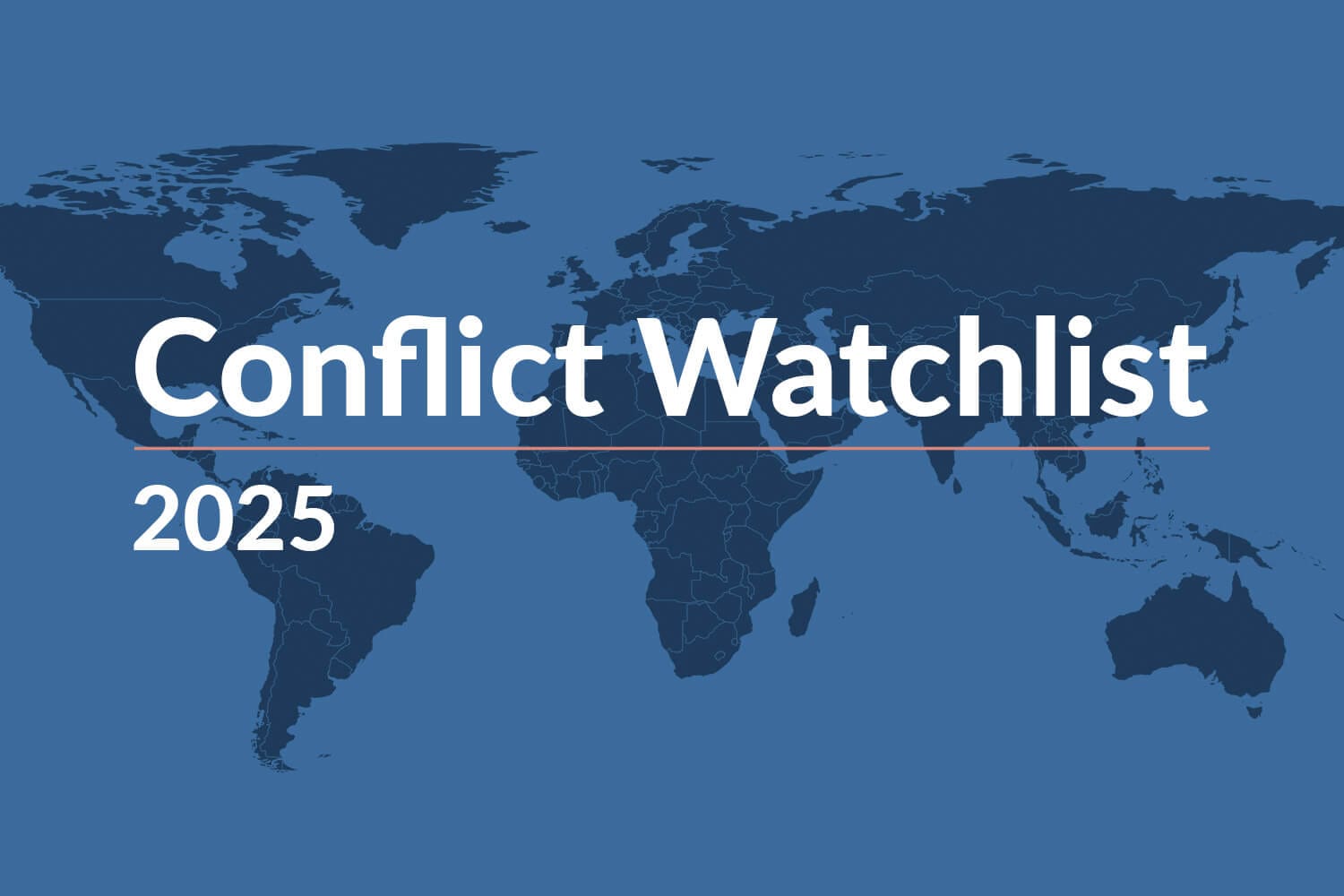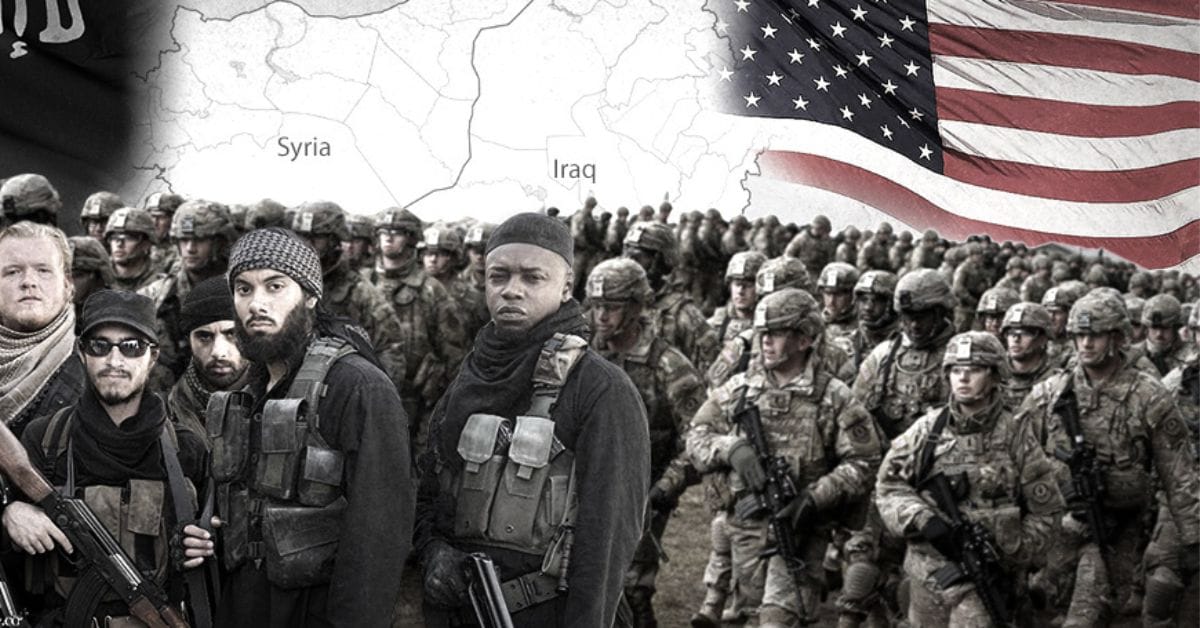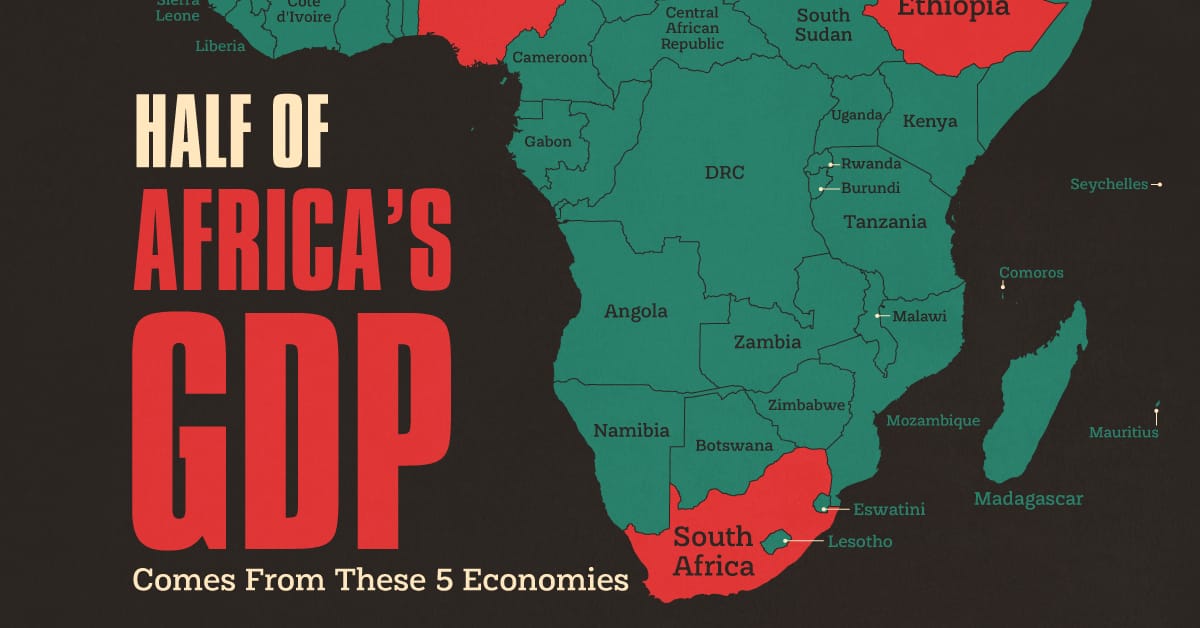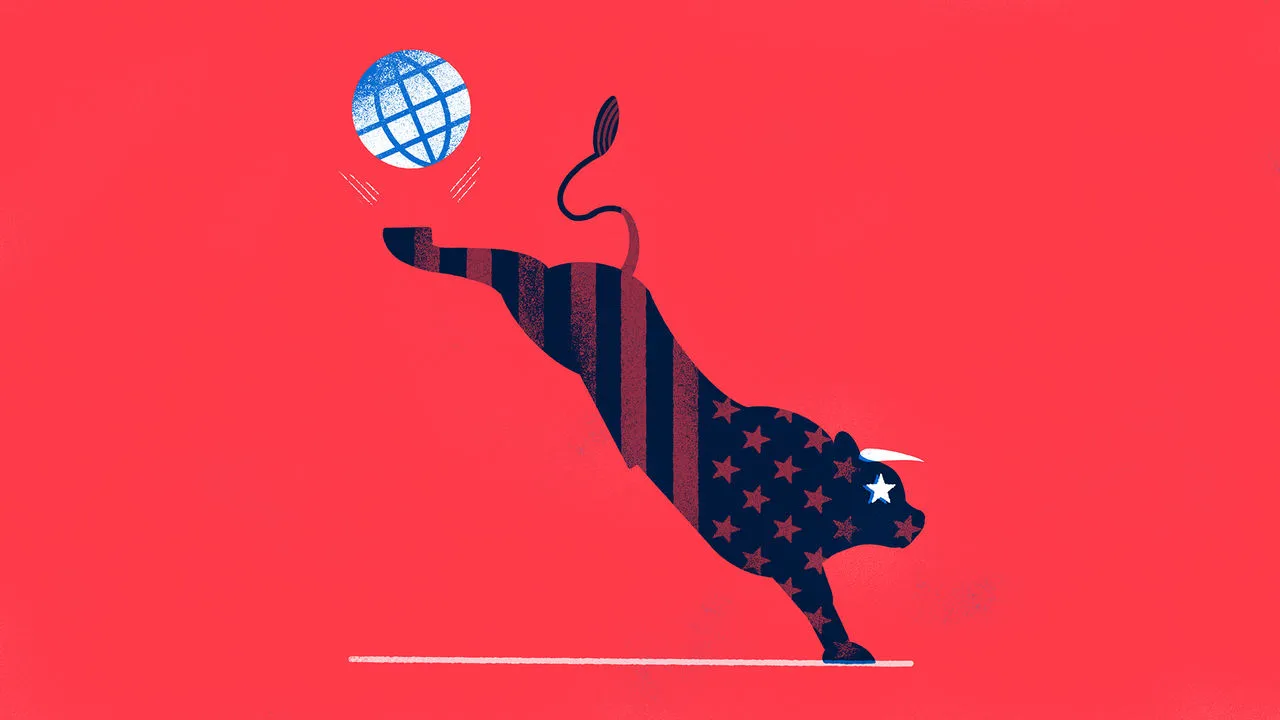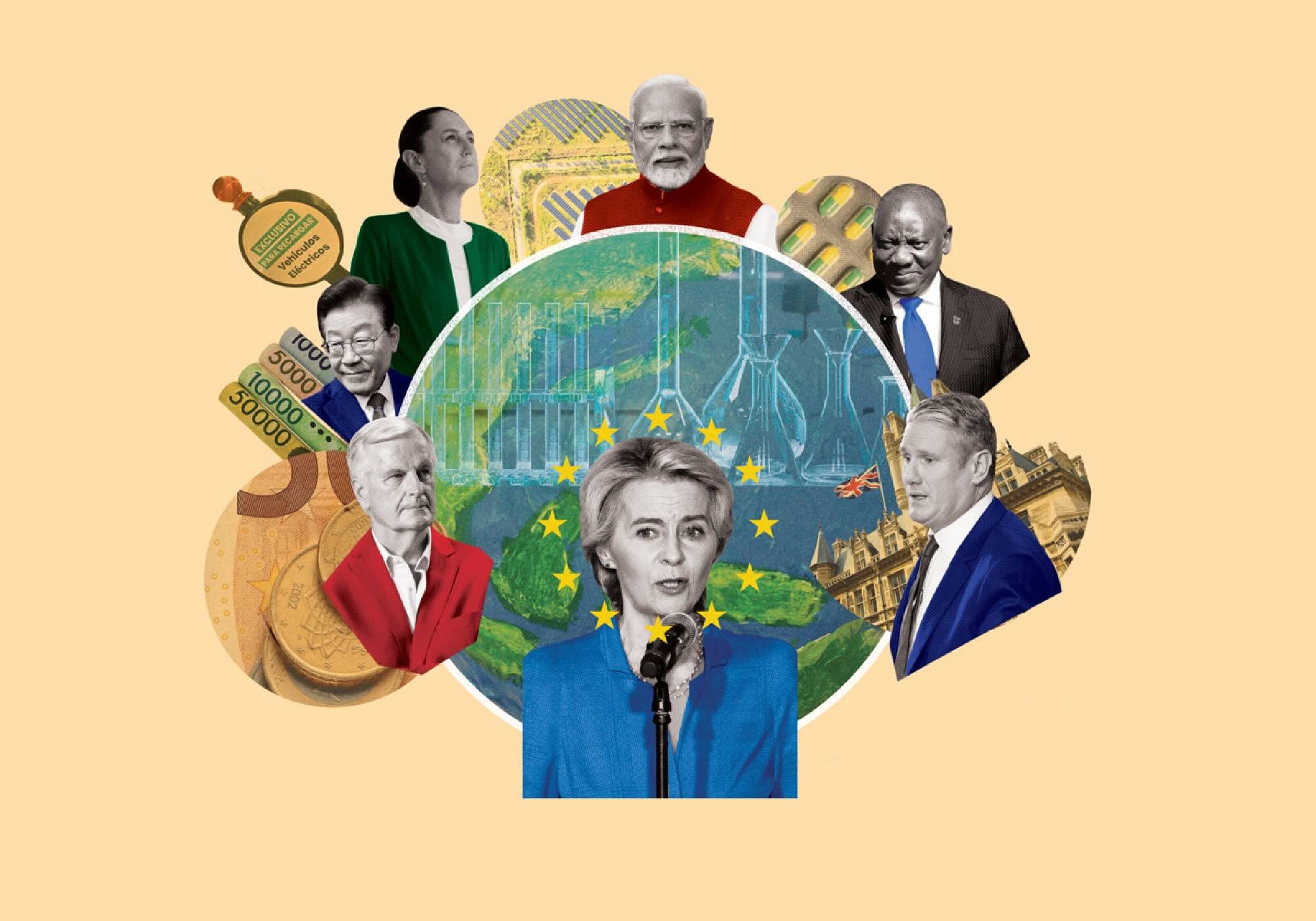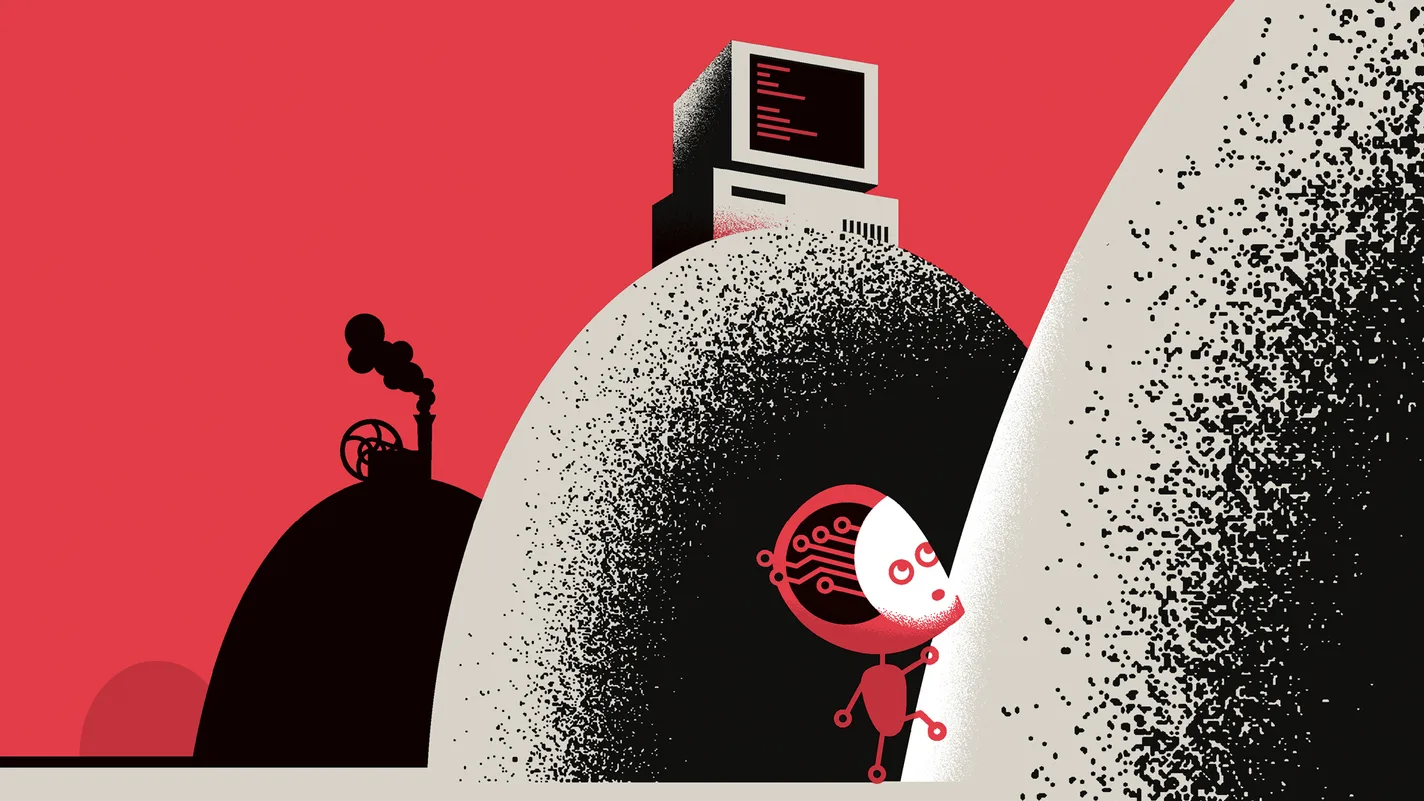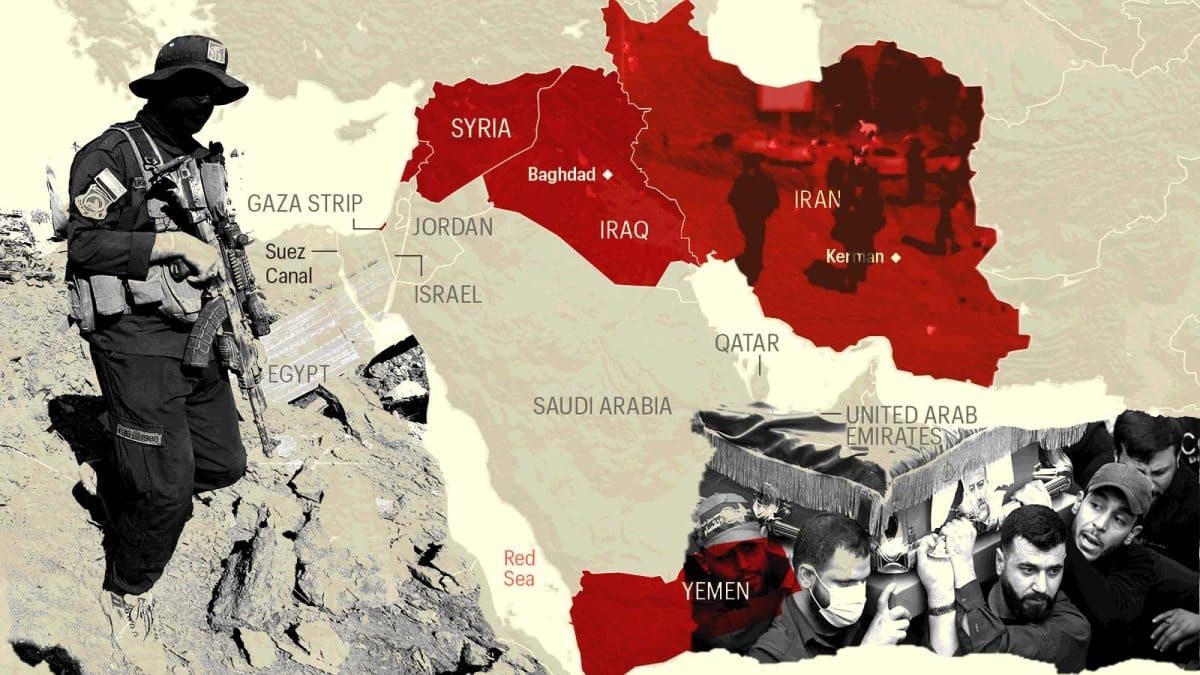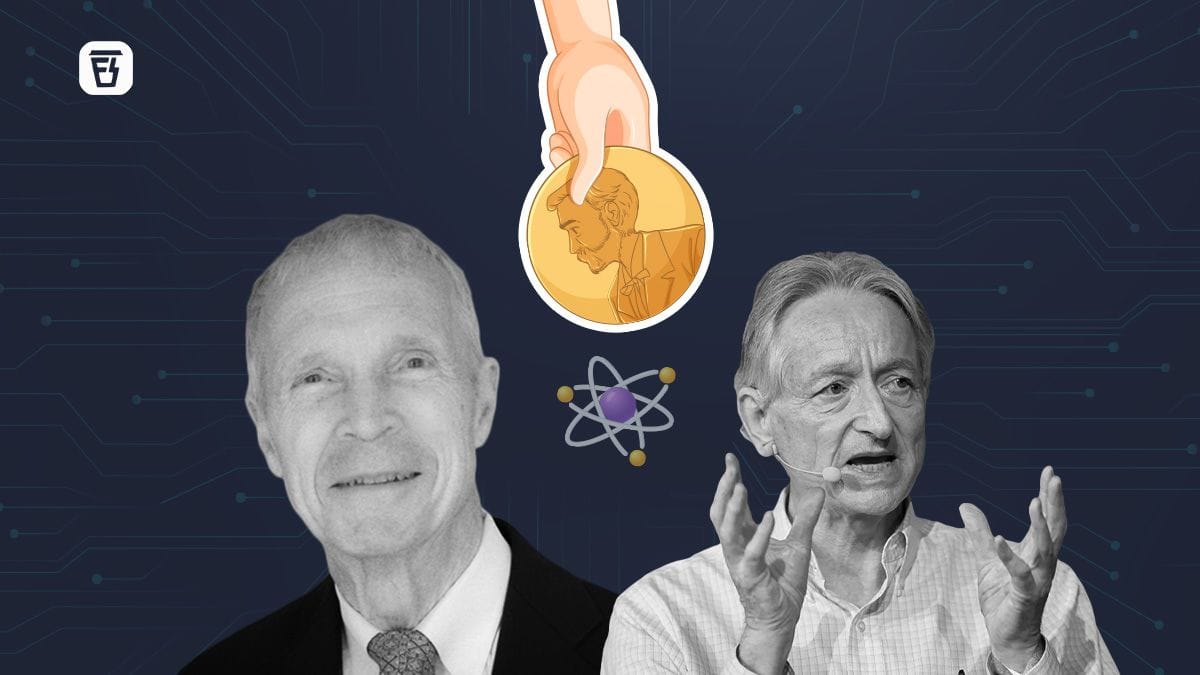In the Middle East, a chain of conflicts is taking place set off by Hamas’s Oct. 7, 2023, attack on Israel followed by the latter’s retaliation on Gaza Strip; Iran’s region wide attack through non-state proxies; and thus, setting a stage for Islamist rebels to topple the Assad’s regime, ending a half-century-old dictatorship in Syria. We also witnessed more aggression from Russia on Ukraine and thereby threatening a wider confrontation in Europe.
Author: Anirudh Phadke
Islamic State is back in the United States
On New Year’s Day Shamsud-Din Jabbar, a 42-year-old American, rammed a pickup truck into a crowd in New Orleans, killing at least 14 and injuring 35. The FBI says it was terrorism; Jabbar had an Islamic State flag. If Jabbar was inspired by the ISIS, the Jihadist group can add the attack to its recent successes. Exactly a year ago, an ISIS terrorist killed 95 civilians in Iran during a ceremony to commemorate Qassam Soleimani, a top general assassinated by America.
Constitutional Crisis in Georgia
On New Year’s Eve demonstrators in Tbilisi, Georgia’s capital, held a supra (a traditional feast) outside the parliament. They were not only welcoming in 2025 but expressing, yet again, their outrage at the ruling Georgian Dream party. In November, after winning a dodgy election, it halted EU-accession talks. The protestors, who will probably assemble for a 36th consecutive day on Thursday despite attempts to dissuade them with beatings, water cannon and tear gas, want a fresh vote to get Georgia back on a pro-Western track.
The AI Revolution Comes to Drugs
Developing a drug is a complex process that often fails. It begins by identifying a target, such as a protein or gene, associated with a disease. Researchers then search for a molecule that can either block or enhance the target’s activity safely. This can involve screening as many as 1 million compounds before selecting just one or two promising candidates. Software can help to identify such molecules. But generative artificial intelligence (AI) can dream up entirely new ones to test. BCG, a consultancy, estimates that about 65 AI-inspired molecules are currently being tested on humans.
African Economies will Flourish in 2025
In October the IMF described a “two-track growth pattern” in sub-Saharan Africa. On one track are most of the 23 countries with sizeable exports of non-renewable commodities such as oil, gold or diamonds. These include Angola, Nigeria and South Africa. As prices for their exports sagged, their GDPs per person have dropped in the past decade. Most resource-rich countries have also been focused more on dividing the spoils of the boom years than on using the proceeds to build resilient economies.
The World’s Economic Titans this Year
By the start of 2024 high inflation had forced the Federal Reserve to raise interest rates to 5.5% – their highest level for more than two decades. Many expected America to have a recession. Instead, its economy has boomed. In the third quarter it grew by 2.8% year on year – a full percentage point more than forecast in July. America’s unemployment rate is around 4%, well below the average of the past 30 years. And inflation is finally coming down. Output per person is 40% higher in America than in Western Europe and Canada and 60% higher than in Japan.
The Biggest Election Surprises this Year
Donald Trump’s first presidential win, in 2016, was shocking. His victory in 2024, was even more extraordinary. It came after he had incited his supporters to try to violently overturn the result of the 2020 election. He then had to weather about 90 felony indictments. In April 2024 he became the first former president to stand in a criminal trial. Drama in the courtroom aside, by early summer the presidential contest seemed almost dull. Trump easily secured the Republican nomination and held a clear lead over his 81-year-old Democratic opponent, Joe Biden.
Artificial Intelligence: Thriving or Teetering?
The artificial intelligence (AI) industry was caught between euphoria and caution. Alphabet (Google), Amazon, Meta and Microsoft raced to invest, spending nearly $200 billion on AI infrastructure. Nvidia, the leader in AI-chip production, reaped gigantic rewards. Sales of such chips are expected to have doubled in 2024, driving its valuation to nearly $3.4 trillion. Demand for AI servers surged: firms such as Dell and HPE reportedly doubled their sales. But cracks began to show. The soaring energy costs of training and running generative AI models raise questions about long-term economic viability.
Israel’s Ceasefire in Lebanon and Iran’s Next Move
Iran analysts live by two core assumptions: that the country wants to fight Israel through proxies, rather than directly, and that it doesn’t want all-out war. Both now look fragile. Iran launched missiles at Israel in April and October, both in retaliation for Israeli attacks. Most of the missiles were intercepted. But now Iran appears weaker: Israeli strikes on Iranian military facilities on October 26th struck a blow to its defences and its strategy. And the killing of Hizbollah’s top ranks dealt a blow to the “axis of resistance”, a group of militias backed by Iran.
AI earn its Developers a Nobel Prize in Chemistry
It has been a big year for artificial intelligence models. For the first time ever, insights enabled by an AI model were deemed sufficiently significant to earn its developers one of the highest accolades in science: the Nobel prize in chemistry. The award jointly honoured the use of AI for protein-structure prediction and protein design. Innovations that underpin machine learning, meanwhile, were awarded the physics prize. Geoffrey Hinton, one of the winners, mused that by assisting mental labour, generative AI might have as big an effect on society as the industrial revolution did by assisting physical labour.
